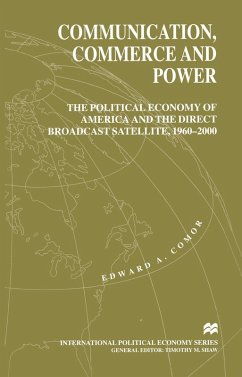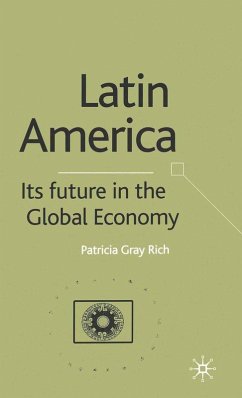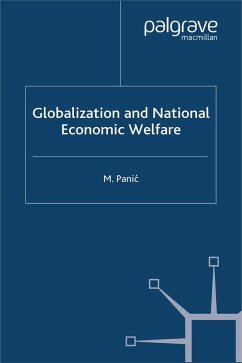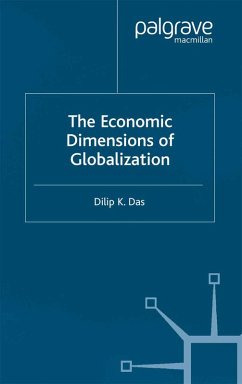Dieser Download kann aus rechtlichen Gründen nur mit Rechnungsadresse in A, B, BG, CY, CZ, D, DK, EW, E, FIN, F, GR, HR, H, IRL, I, LT, L, LR, M, NL, PL, P, R, S, SLO, SK ausgeliefert werden.
'The book provides a thorough examination of the role played by the US in the establishment of an international regime characterised by free flow of information principles institutionalised through free trade goals...relevant not only to the academic reader interested in theoretical approaches to understand how the world order is shaped, but also to regulators and policy-makers interested in the evolution of DBS from a political economy perspective.' - Luiz Fernando Ferreira Silva, Telecommunications Policy
'Edward A. Comor's book makes an important contribution to the rethinking of world politics, transcending the conventional cleavage between comparative and international politics and focusing on culture and communications hitherto relatively neglected. He illustrates cogently the complex interplay of corporate interests linked to new technologies, and the way in which the American state restructured itself in order to shape a new international regime that would enhance the ability of corporate capital to expand on the global level. This is the kind of detailed study of a particularly strategic sector that is essential to building a broader theory of the changing global order.' - Robert W. Cox, Professor Emeritus of Political Science and Social and Political Thought, York University, Ontario









